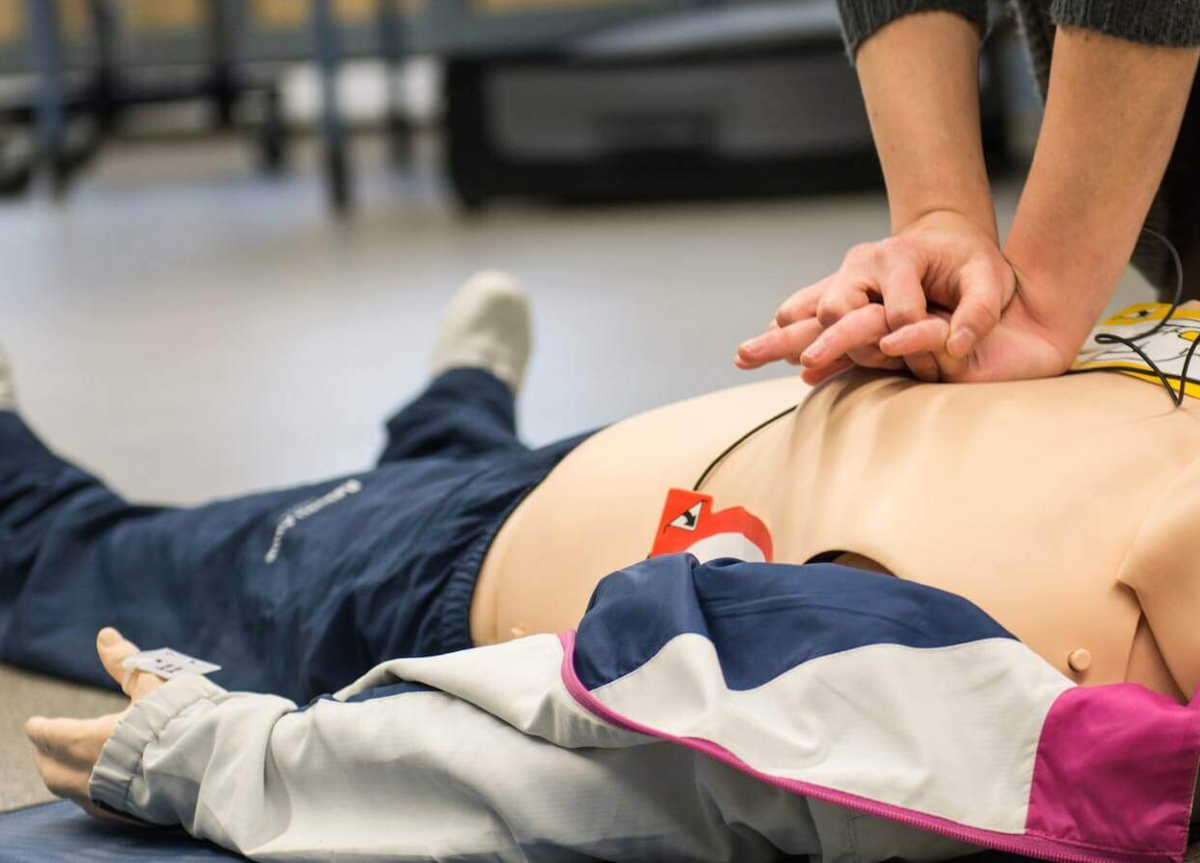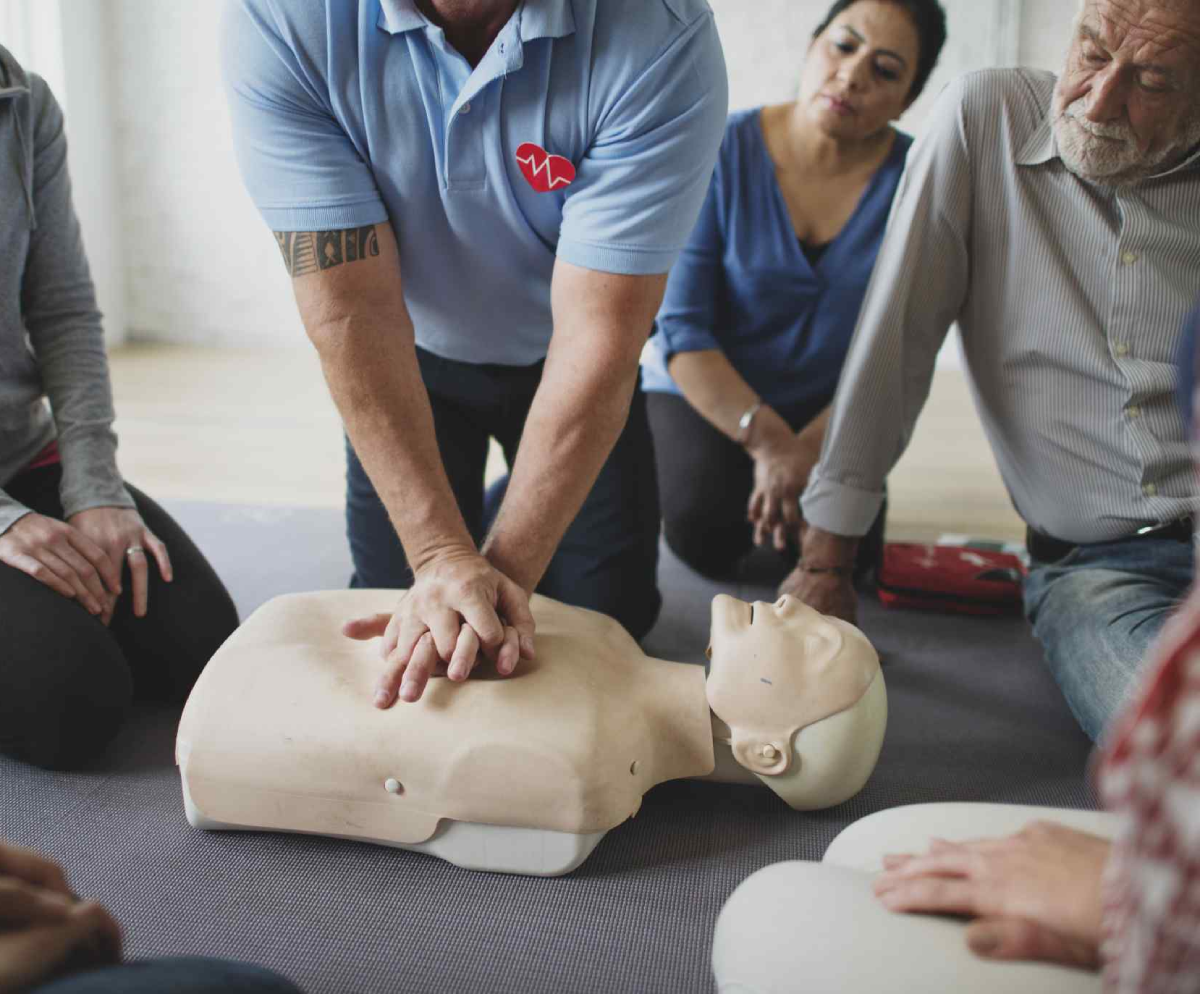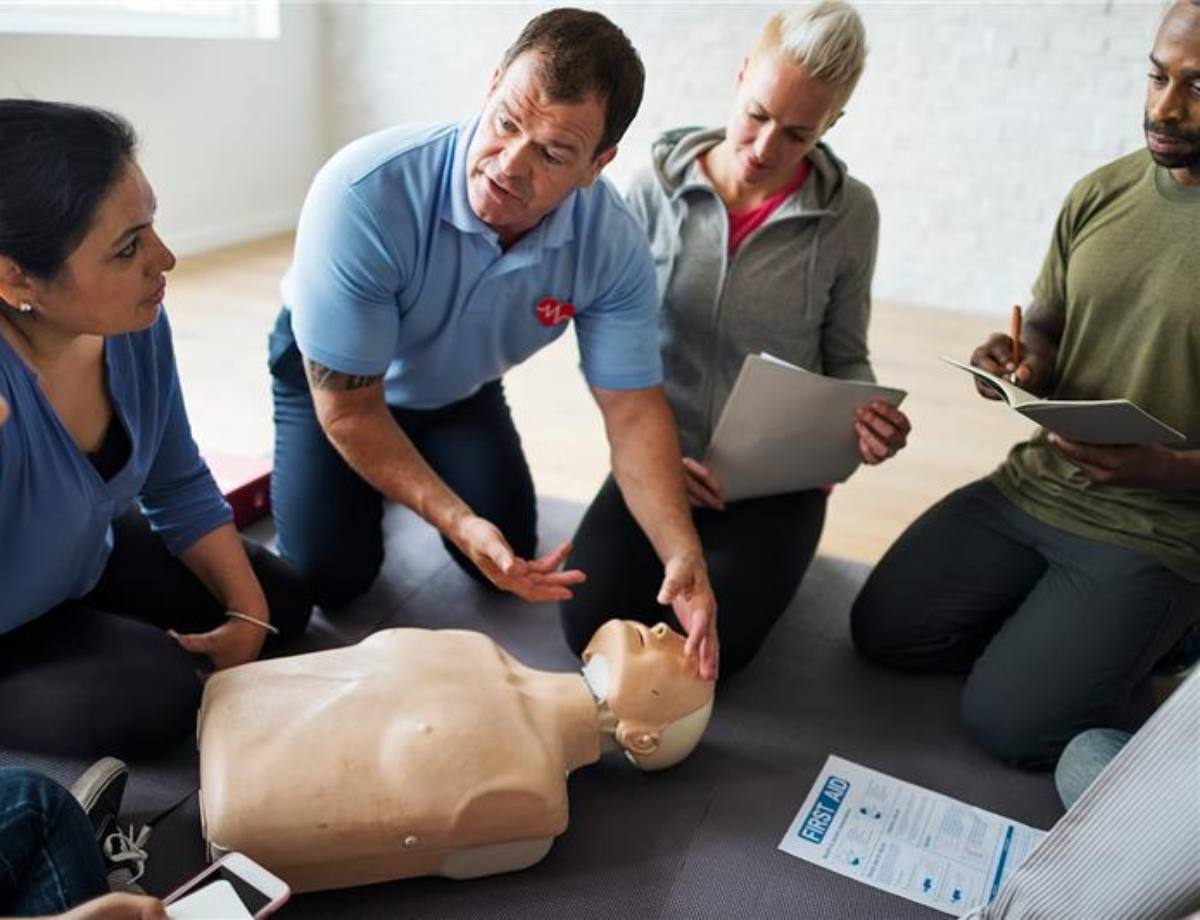We use cookies to help provide you with the best possible online experience.
By using this site, you agree that we may store and access cookies on your device. Cookie policy.
Cookie settings.
Functional Cookies
Functional Cookies are enabled by default at all times so that we can save your preferences for cookie settings and ensure site works and delivers best experience.
3rd Party Cookies
This website uses Google Analytics to collect anonymous information such as the number of visitors to the site, and the most popular pages.
Keeping this cookie enabled helps us to improve our website.
Basic Life Support (BLS) training
“Every second counts in a medical emergency. Are you confident that you and your team are fully prepared to save a life at any moment?”
The Confederation Hillingdon offers quality-assured and value-for-money sustainable programmes of education, development, up-skilling and wellbeing to equip the existing and future Primary Care workforce.
Our expert trainers deliver high-quality, evidence-based, and interactive sessions, and have been trained and accredited to Resus Council specifications on a CPD accredited trainers’ course.
Our Basic Life Support (BLS) training provides essential life-saving skills for medical professionals, first responders, and those who may need to participate in medical emergencies. This comprehensive course equips participants with the knowledge and confidence to respond to cardiac arrest, choking, and other life-threatening situations. The course includes a blend of theoretical and practical learning to ensure all participants get a hands-on experience.

Learning Outcomes
- Recognising and responding to choking and severe breathing difficulties, including anaphylaxis or cardiac arrest.
- Knowing how cardiopulmonary resuscitation (CPR) is performed.
- Understanding how to place someone in the recovery position.
- Understanding the role of Automated External Defibrillators (AEDs) as well as how to locate and use one.
- Knowing the adaptations required for paediatric and infant basic life support.
Locations:
Our training courses are run at several locations.
- Civic Centre – Link 1A, Civic Centre, High Street, Uxbridge, Middlesex, UB8 1UW
- Pembroke Centre – 90 Pembroke Road, Ruislip Manor, HA4 8NX. Find out more and book online here.
Alternatively, we can come to you at your preferred venue.
Certification:
- An electronic certificate will be issued upon successful completion of the course and is valid for 1 year.
- To book onto a session, please follow the link (Under development)
Enquire now:
- For enquires, bookings and discounts, please fill out the enquiry form.
Privacy Consent
- This form collects personal and medical information about you and we use this information to allow The Confederation to contact you.
- Please read our Privacy Policy to discover how we protect and manage your submitted data.
There appears to be a problem loading the form, please refresh the page.
If the error persists please contact us.
'I am very confident about performing BLS after this training session. '

'I would recommend this training to my peers and colleagues. '

'Content was detailed and effective'

'100% said they were 'very likely or likely' to recommend this training to others'

'Good detailed presentation. '

'Trainer was brilliant and very professional'

'One of the video's did not play due to technical issues but the trainer was able to explain this well'


Why is Basic Life Support Training Important?
1. Legal and Professional Requirements
- The GMC (for doctors) and NMC (for nurses and midwives) mandate that healthcare professionals must demonstrate competency in emergency care, including BLS. Failure to maintain these skills can impact professional revalidation and fitness to practice.
- Health and Care Professions Council (HCPC) regulates paramedics, physiotherapists, and other allied healthcare workers. They require BLS competence as part of professional standards.
- The Resuscitation Council UK (RCUK) sets national guidelines on resuscitation training for healthcare professionals. They recommend annual BLS training as a minimum for all healthcare staff.
- NHS and Employer requirement include, BLS training for clinical and frontline staff. Care Quality Commission (CQC) mandates BLS training for healthcare providers as part of safe care delivery. Employers, including private healthcare providers, enforce mandatory refresher courses for continued employment.
2. Compliance with Health & Safety Laws
- Under the Health and Safety at Work Act 1974, employers must ensure staff receive adequate training to handle workplace emergencies, including cardiac arrests.
- The Management of Health and Safety at Work Regulations 1999 states that employers must assess risks and provide necessary training, including BLS skills.
3. Patient Safety and Public Health Compliance
- BLS training aligns with NHS England’s patient safety standards, ensuring early and effective intervention during medical emergencies.
- This also supports the UK’s public health strategy to reduce preventable deaths from cardiac arrests.
4. Mandatory Training for Revalidation
- Doctors, nurses, paramedics, and other healthcare professionals must renew BLS certification annually. It is essential for revalidation with GMC, NMC, and HCPC. Additionally, patient facing staff will benefit from this training to help support with emergency situations in the workplace.

